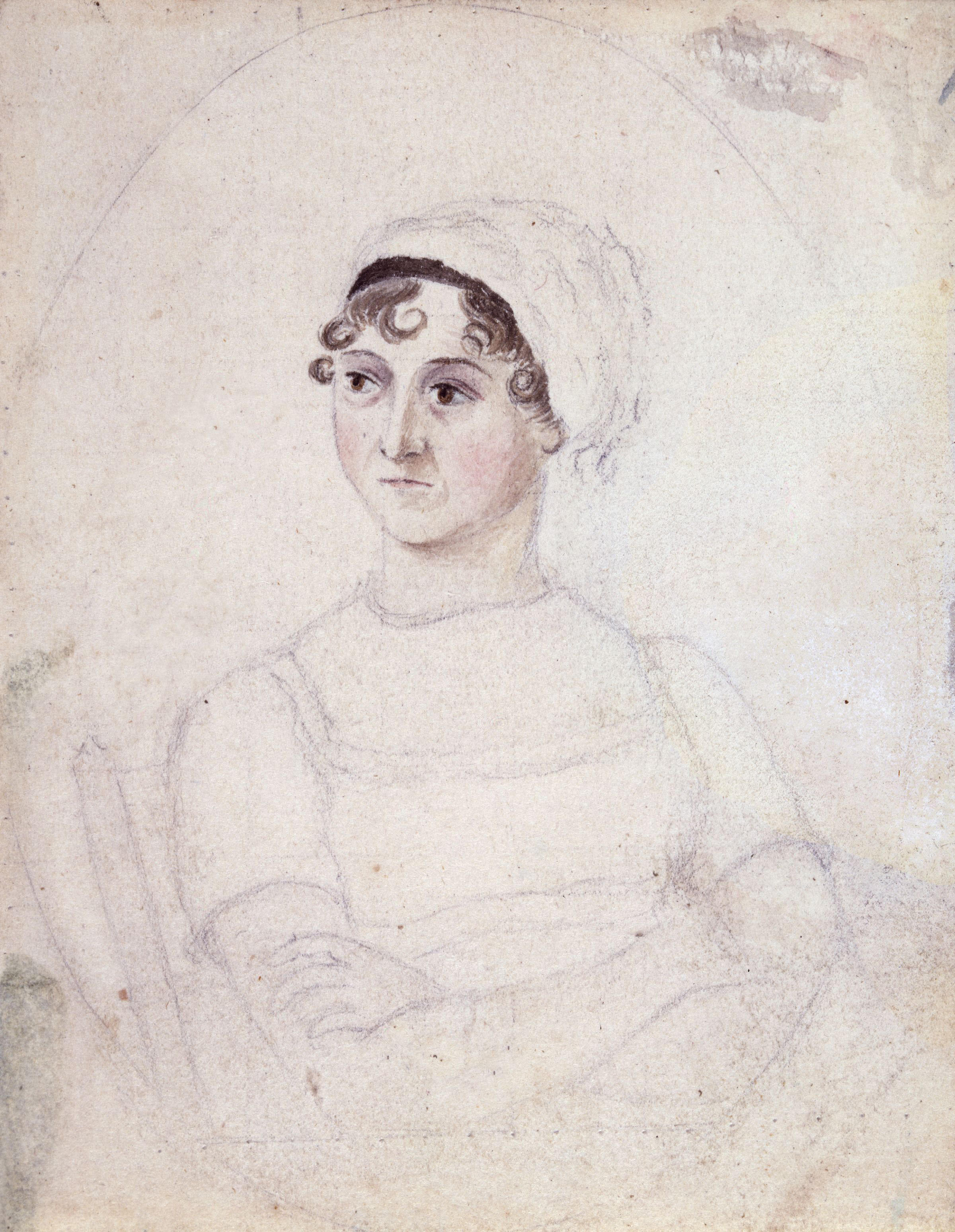Jane Austen
 Jane Austen ( ; 16 December 1775 – 18 July 1817) was an English novelist known primarily for her six novels, which implicitly interpret, critique, and comment on the English landed gentry at the end of the 18th century.
Jane Austen ( ; 16 December 1775 – 18 July 1817) was an English novelist known primarily for her six novels, which implicitly interpret, critique, and comment on the English landed gentry at the end of the 18th century. Austen's plots often explore the dependence of women on marriage for the pursuit of favourable social standing and economic security. Her works are implicit critiques of the novels of sensibility of the second half of the 18th century and are part of the transition to 19th-century literary realism. Her use of social commentary, realism, wit, and irony have earned her acclaim amongst critics and scholars.
Austen wrote major novels before the age of 22, but they were not published until she was 35. The anonymously published ''Sense and Sensibility'' (1811), ''Pride and Prejudice'' (1813), ''Mansfield Park'' (1814), and ''Emma'' (1816) were modest successes, but they brought her little fame in her lifetime. She wrote two other novels—''Northanger Abbey'' and ''Persuasion'', both published posthumously in 1817—and began another, eventually titled ''Sanditon'', but it was left unfinished on her death. She also left behind three volumes of juvenile writings in manuscript, the short epistolary novel ''Lady Susan'', and the unfinished novel ''The Watsons''.
Since her death Austen's novels have rarely been out of print. A significant transition in her reputation occurred in 1833, when they were republished in Richard Bentley's Standard Novels series (illustrated by Ferdinand Pickering and sold as a set). They gradually gained wide acclaim and popular readership. In 1869, her nephew published ''A Memoir of Jane Austen''. Her work has inspired a large number of critical essays and has been included in many literary anthologies. Her novels have been adapted in numerous films, including ''Sense and Sensibility'' (1995), ''Pride & Prejudice'' (2005), ''Emma'' (2020), and an adaptation of ''Lady Susan'', ''Love & Friendship'' (2016), as well as the film ''Persuasion'' and the miniseries ''Pride and Prejudice'', both released in 1995 by the BBC. Provided by Wikipedia